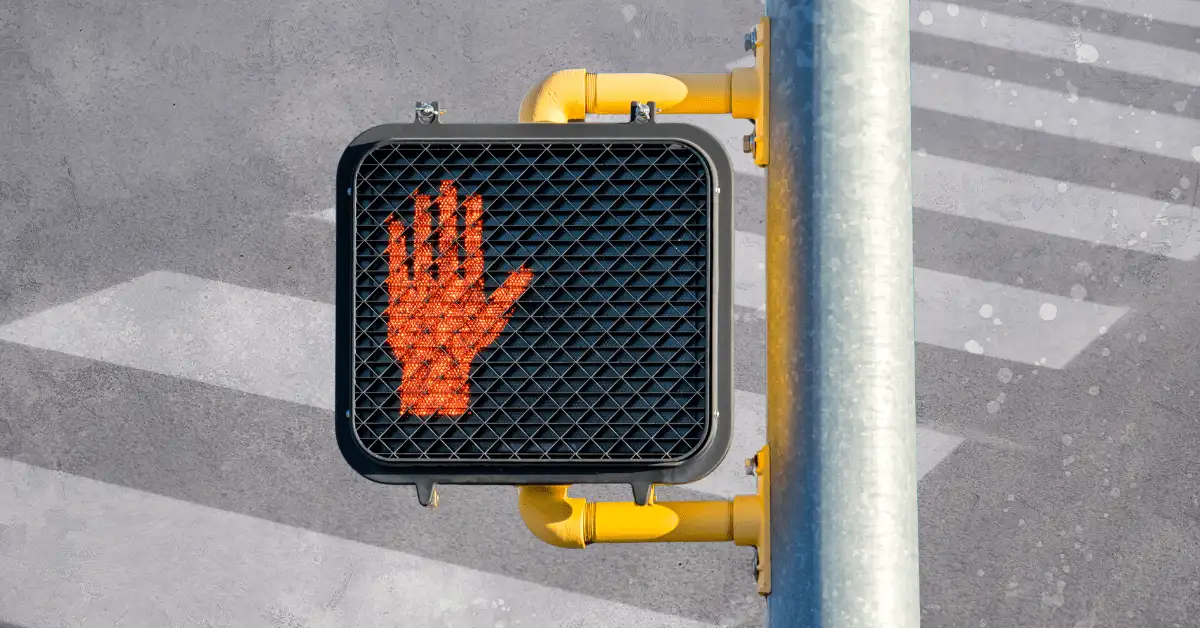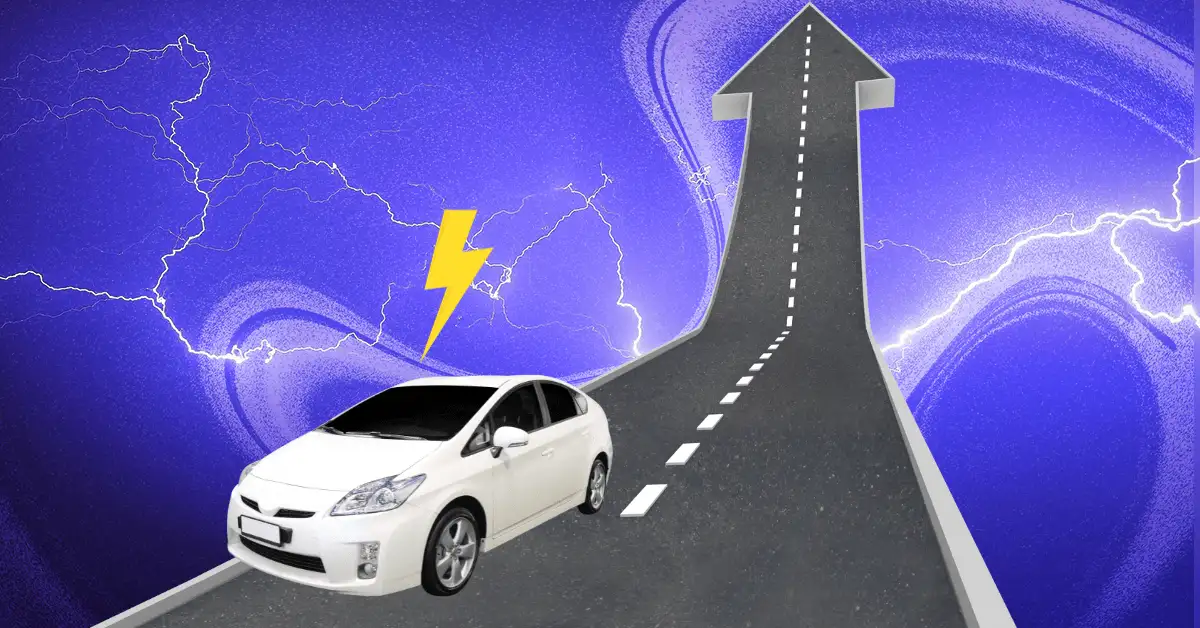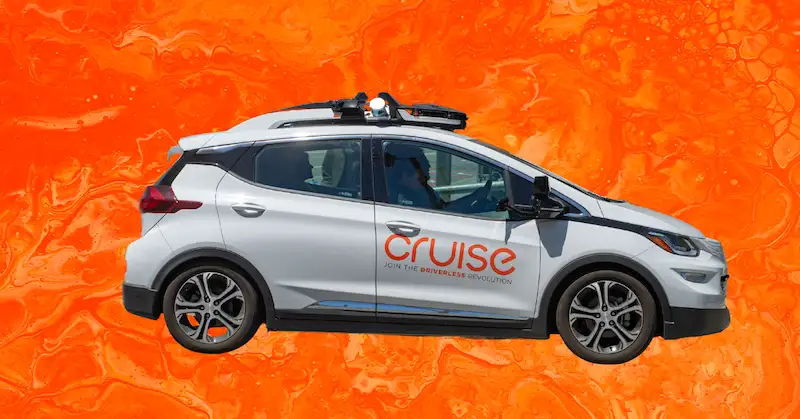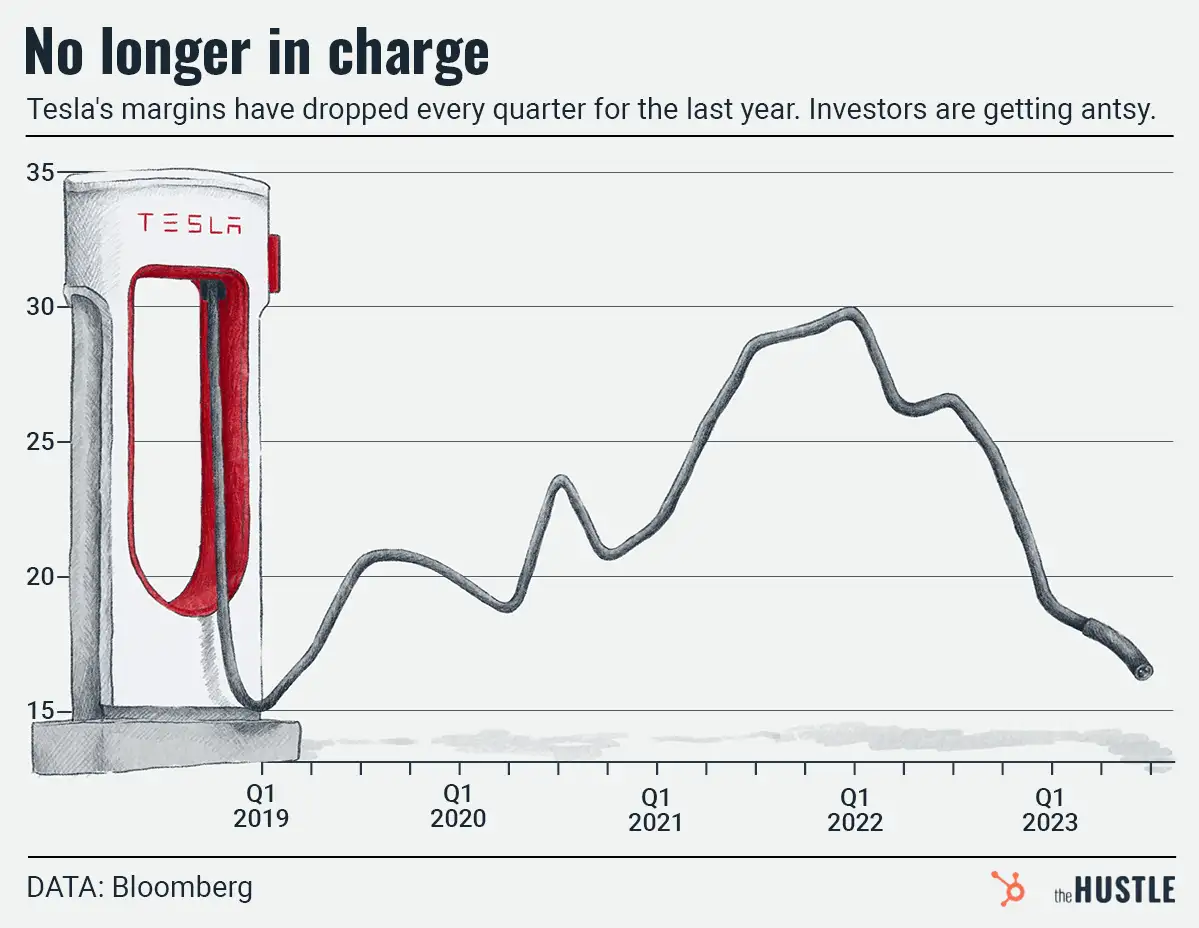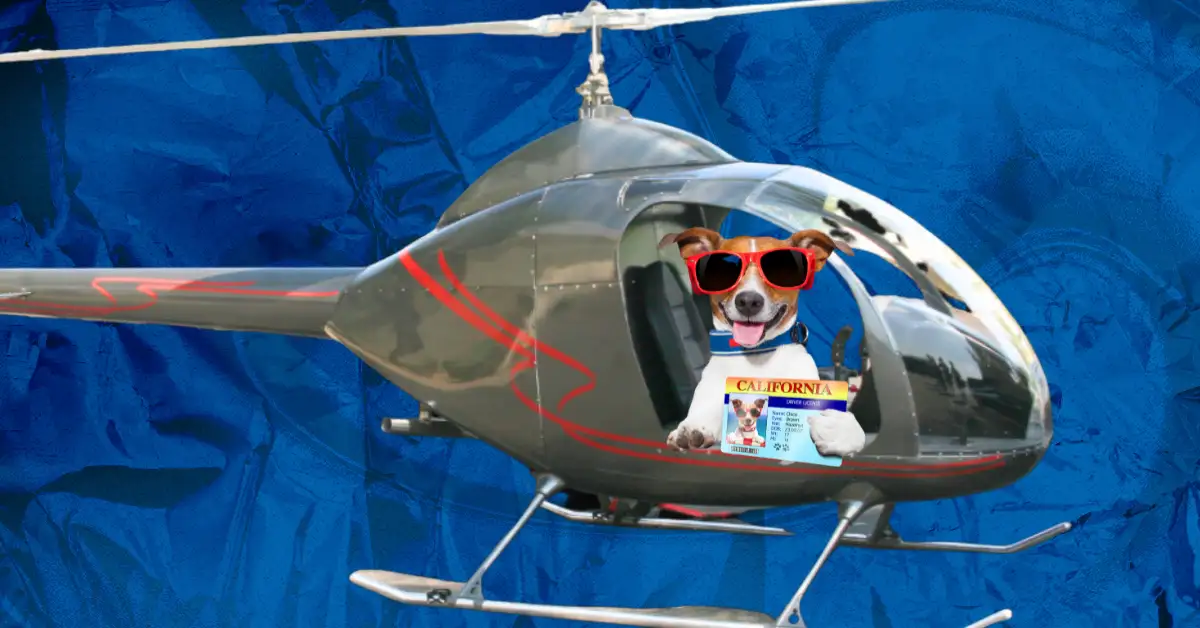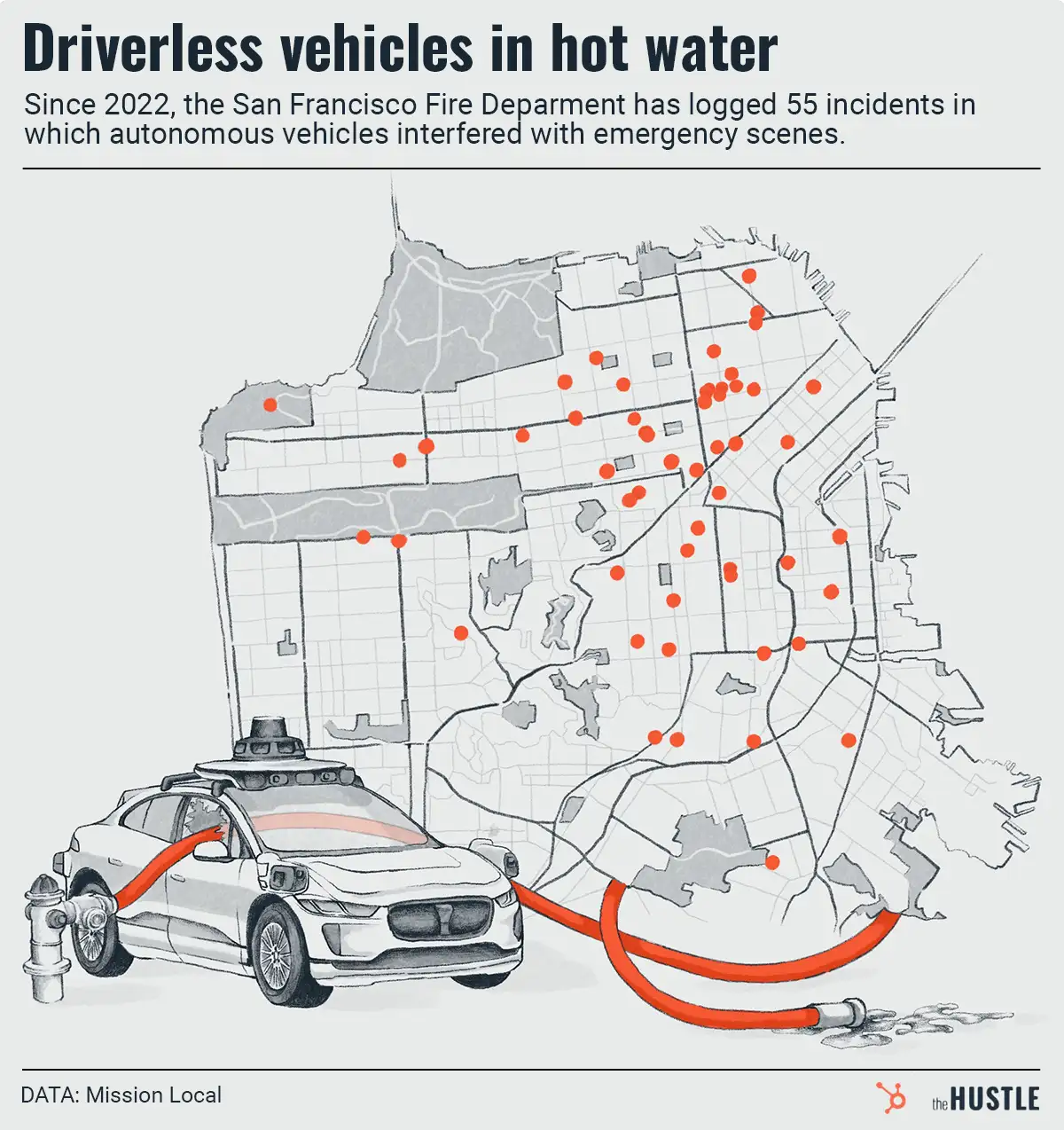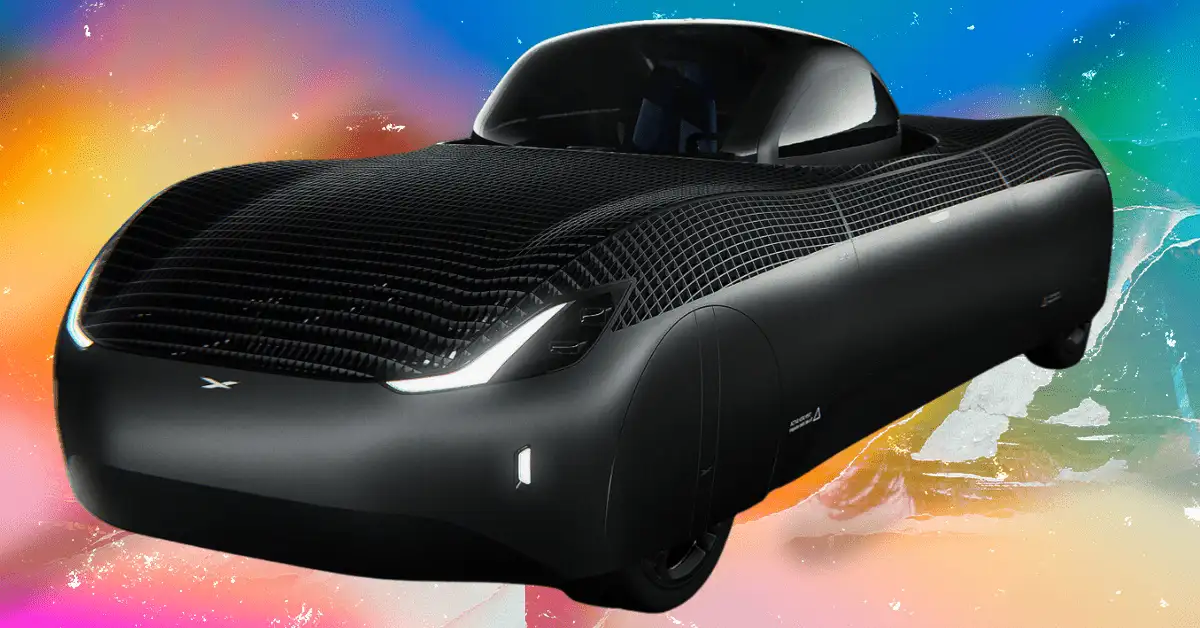Even by the fail-fast, break-things standards of Silicon Valley, Lime’s prospects for long-term success appeared outrageous.
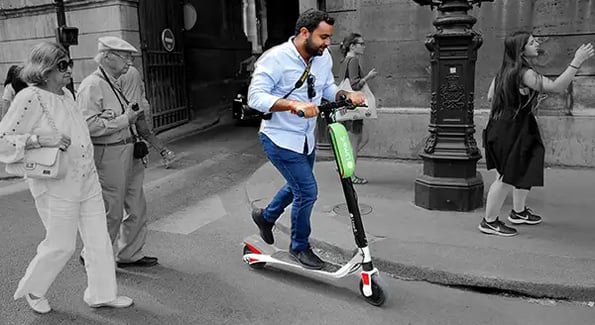
- Founded in 2017, the company littered cities with expensive but flimsy rental bikes and scooters in hopes it might gain market share over competitors like Bird, all the while alienating local governments and harming pedestrians.
- In 2020, consumer scooter spending fell by ~100% amid the pandemic. People were not even renting scooters to throw them into rivers or set them on fire anymore.
Now, the scooter company — or, as Lime likes to be known, “micromobility company” — claims it had its first profitable year in 2022, according to TechCrunch.
Seriously, how did this happen?
We know. It’s wild. But Lime has found success improving its unit economics (i.e., making more money off every single e-bike and scooter).
The key is the battery. Last year, the company rolled out its Gen4 e-bike, which uses a swappable battery that can be replaced without having to take the bike off the street — reducing operational costs and increasing their availability to users. Lime’s scooters use the same battery.
As of last year, Lime had ~5m active users across ~200 cities.
CEO Wayne Ting told TechCrunch the company will seek to IPO in the near future.
Meanwhile…
E-scooter competitor Bird, which recently merged with a Canadian licensee, is struggling. The company admitted to overstating earnings from 2020 to 2022. Unlike Lime, Bird has outsourced the development of its equipment.
Since going public through a SPAC in 2021, Bird’s stock has fallen from a peak of $8.40 to ~$0.20.
Things have gotten so grim for Bird that the company is seeking unpaid funds from past customers who owe less than $1.




